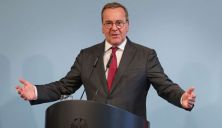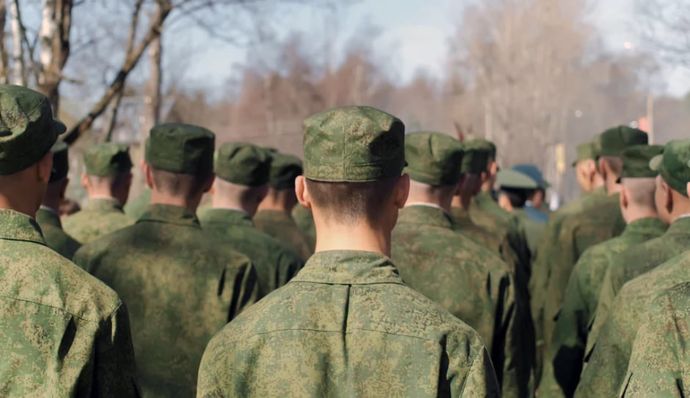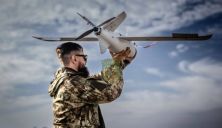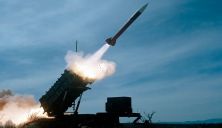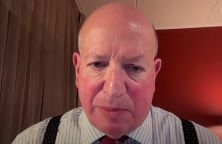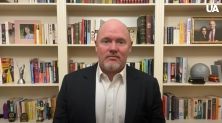Russian President Vladimir Putin is systematically deepening efforts to militarize Russian society by targeting the youth with programs aimed at fostering loyalty to the regime and preparing for prolonged conflict in Ukraine. This initiative is part of a broader strategy to embed militarization into everyday life in Russia and occupied Ukrainian territories, aligning with the Kremlin’s declared “Year of the Defender of the Fatherland” set for 2025.
Key Directives to Advance Militarization
Putin recently approved a set of four governmental directives to strengthen these efforts:
- Military-Sports Camps: A network of camps is being established and expanded to instill military discipline, physical training, and ideological loyalty in young Russians, emphasizing the promotion of military service as a desirable path.
- “Roads of Victory” Program Expansion: This Kremlin initiative glorifies historical narratives aligned with Russian military successes, reinforcing patriotic and militaristic sentiments among the youth.
- Online Education Platform: A new digital platform will coordinate programs for so-called military-patriotic education, ensuring that Russian youth are consistently exposed to government propaganda and military indoctrination, even outside formal educational settings.
- Year-Round Youth Camp: A children’s recreational camp is being converted into a facility operating throughout the year, likely serving as another venue for state-driven militarization activities.
Broader Implications of Militarization
The militarization of Russian youth is not limited to these programs. Putin’s administration leverages initiatives such as the “Time of Heroes” program, which integrates veterans of the war in Ukraine into state structures. These veterans serve dual purposes: bolstering the regime’s narrative of heroism and sacrifice while reinforcing the militaristic values imposed on society.
In occupied Ukrainian territories, similar programs are implemented to suppress local identities and replace them with pro-Russian narratives, ensuring that future generations align with Kremlin ideologies.
Strategic Intent
By expanding youth-focused militarization programs, Putin seeks to achieve several long-term objectives:
- Sustain Prolonged Conflict: Preparing younger generations for potential service ensures a steady supply of recruits for the armed forces.
- Strengthen Regime Stability: Embedding militaristic and patriotic values into the youth consolidates loyalty to the state and reduces dissent.
- Expand Cultural Control: The systematic re-education of children in occupied territories helps erode resistance to Russian rule and integrates these regions more tightly into the Kremlin’s ideological framework.
Risks and Global Response
Analysts warn that these efforts highlight the Kremlin’s preparation for a protracted war in Ukraine and signal its intent to maintain militarized governance for the foreseeable future. The militarization of youth further isolates Russian society from democratic values, perpetuating authoritarian control under Putin’s regime.
Internationally, these actions are likely to attract criticism and potentially new sanctions, particularly as they involve the indoctrination of children in occupied Ukrainian territories, a possible violation of international law. The global community may need to address these escalating measures through diplomatic, economic, and humanitarian interventions.
Putin’s initiatives underscore his long-term strategy to normalize war as an integral part of Russian identity while preparing the next generation to perpetuate the conflict.
Read also: U.S. at UN: China decisive enabler of Russia’s war against Ukraine
